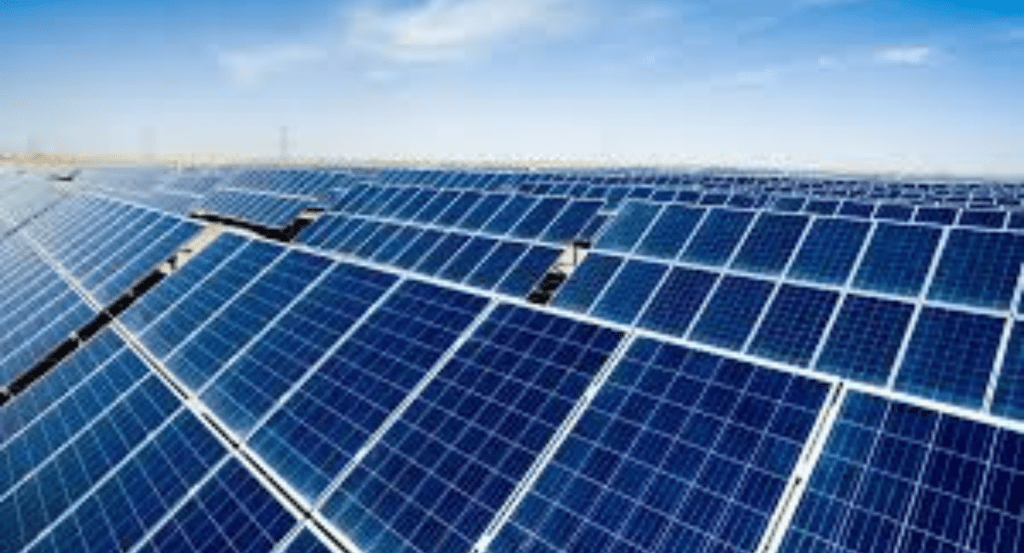Egypt’s renewable energy sector took a significant step forward on December 21, 2022, with the opening of a large-scale solar power plant in Aswan. Located in the Benban Solar Park, this plant is part of Egypt’s ongoing efforts to increase sustainable energy capacity and reduce its reliance on fossil fuels.
Solar Power Expansion in Aswan
The new solar plant, located in Aswan’s Benban complex, is among the largest of its kind in the Middle East and Africa, spanning approximately 37 square kilometers. This facility is expected to generate 1.8 gigawatts of electricity at full capacity, contributing significantly to Egypt’s national power grid. According to Egypt’s Ministry of Electricity and Renewable Energy, the plant will provide enough power to serve hundreds of thousands of households across the country, reducing dependency on traditional energy sources.
Government and International Involvement
The project, backed by both local and international stakeholders, aligns with Egypt’s goal of producing 42% of its electricity from renewable sources by 2035. Financing has come from a mix of international investments and public funding, with organizations such as the World Bank and the European Bank for Reconstruction and Development (EBRD) offering financial support. The Aswan solar facility reflects Egypt’s commitment to meeting its energy targets and attracting global investment in its renewable energy sector.
Dr. Mohamed Shaker, Egypt’s Minister of Electricity and Renewable Energy, stated at the inauguration, “This project demonstrates Egypt’s dedication to sustainable development and reducing carbon emissions, and we look forward to furthering renewable initiatives in the coming years.”
Impact on Egypt’s Renewable Energy Sector
With the addition of the new Aswan solar plant, Egypt’s renewable energy sector is now better positioned to meet growing energy demands and support sustainable growth. The renewable sector in Egypt has seen rapid expansion over the past five years, with the government implementing several policies aimed at encouraging private sector investment and fostering innovation in solar and wind energy.
The Aswan solar plant is expected to reduce CO₂ emissions by around 2 million tons annually, in line with Egypt’s climate action commitments under the Paris Agreement. This move not only supports Egypt’s economic goals but also highlights its increasing role in the renewable energy landscape of North Africa and the Middle East.
Future Renewable Energy Projects
Egypt has announced plans for additional solar and wind projects as part of its energy diversification strategy. These efforts aim to create a sustainable energy mix, reduce environmental impacts, and generate employment within the country.
Conclusion
Egypt’s renewable energy sector continues to gain momentum with projects like the Aswan solar plant, advancing the nation’s sustainability agenda. The solar plant inauguration underscores Egypt’s long-term commitment to renewable energy, with further developments expected as the country strives to meet its ambitious targets for sustainable energy.























